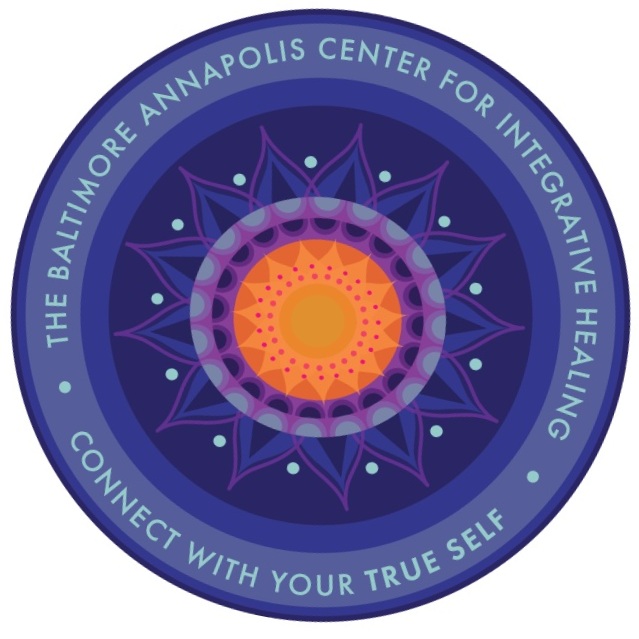Therapy Chat Podcast Episode 24: Vicarious Trauma
Welcome! Today’s topic is one that’s important to therapy professionals and to first responders, too - for anyone who works with people who are suffering, Vicarious Trauma is important. I just attended a workshop on this topic by Laura van Dernoot Lipsky, the author of Trauma Stewardship.
Here’s what you’ll hear in this episode:
The terms Vicarious Trauma and Secondary Traumatic Stress are interchangeable as I'm using them here.
Therapists bear witness to the traumatic stories of clients and are affected by them.
The nature of therapy work requires empathy; it’s honorable, brave, and important work intended to make the world a better place.
There are small ways to lessen the impact of trauma, by mindfully checking in with yourself and using positive coping methods.
As a therapist, how much are you “numbing?” We discuss examples.
Laura recommends spending 12-60 minutes each day, for six days a week, working out to the degree of breaking a sweat.
We owe it to the people we help to take care of our Vicarious Trauma, and regular exercise is one way to do that.
Isolation is common in trauma work, because we feel like “nobody understands.”
The American Counseling Association lists several signs of Vicarious Trauma, including:
Having difficulty talking about feelings
Feeling diminished joy
Feeling trapped by work
Limited range of emotions
Exaggerated startle reflex
Hopelessness
Trouble sleeping
Exhaustion
Conflict with other staff
Trouble with intimacy
Feeling withdrawn and isolated
Impatience, apathy
A change in worldview
What can you do to make a difference?
Have a mindful presence
Exercise (12-60 min. several days each week)
Cultivate connection with yourself and others
Enrich your life by doing things you love, apart from work
Make meaning
Resources:
ACA Fact Sheet on Vicarious Trauma
Trauma Stewardship by Laura Van Dernoot Lipsky
I also shared information on my new community for trauma therapists! Registration begins soon and if you want to be notified when registration starts, you can sign up here!
If you liked this episode, please visit iTunes to download episodes, rate and review! You can also listen on Stitcher and Google Play (available now in some areas). And for more of what I'm doing, please sign up for my newsletter, and follow me Twitter, Facebook, Pinterest, Instagram & Google+. I look forward to connecting!
Wholeheartedly,
Laura Reagan, LCSW-C







